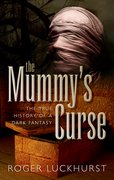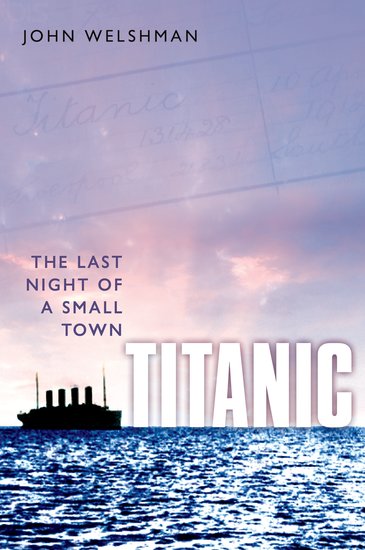Downton Abbey and the Curse of King Tut
By Roger Luckhurst
You must surely have been tempted on occasion to curse Julian Fellowes, if not for the script of Young Victoria, then for the creation of Downton Abbey, that death star of good old-fashioned aristocratic virtue and due deference. For a little while, all public debate seemed to be sucked through the funnel of Downton discourse, coinciding as it did with the election of all those shiny Eton boys to government in 2010. But don’t worry: he may already be cursed.














